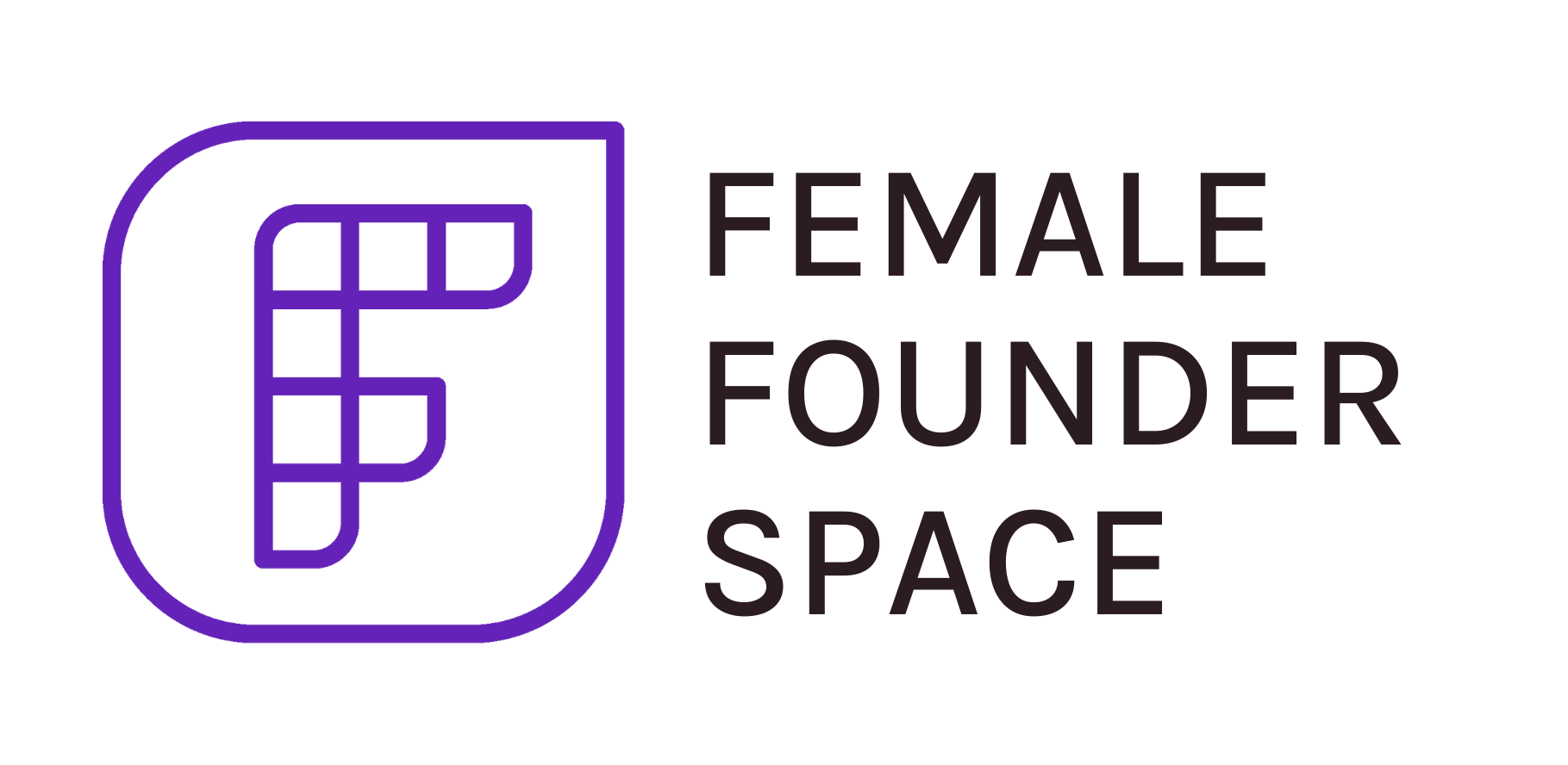Lesson 4,
Topic 4
In Progress
Take Care of Updates & SEO
Lesson Progress
0% Complete
Transcript
A huge part of my job is really to check the website and make sure things are correct and working well. So for an established company like the business I work for, I’m always working on the website, like either a new blog post is going up or a new landing page is going up or there’s just a new offer or something has changed about a product that we need to update. So we’re always working on the website, really. And we’re not, when we’re not updating things, we’re always testing things. So we’re testing whether the menu bar makes sense, whether page titles make sense , sometimes we want to test like different kind of messaging as well. So we’ll take one specific page and maybe just change the subheader and see how that performs. Sometimes it’s as simple as playing around with the colors, like, will this button color get more action or will this other color get more action? So we’re always either updating new stuff or testing things. So it’s kind of an everyday evolving process.
Also, if you are, I guess, a founder and it’s just one person don’t feel pressured to work on your blog or your website every day, but I think sticking to a consistent schedule, especially if you have a blogs to get to a consistent schedule that could be once a week, twice a month, once a month, really depending. It’s good enough. I think there will always be things that you need to clean up and be on your website or update. And also you’ll always kind of spot mistakes. That’s just the nature of the job. You always want something that you want to change. I would say, do that on a consistent basis. And if you do publish new content, you also want to do that on a consistent basis, but there really is no pressure to do it every day. Do it on some schedule that works for you and works well for your business.
A meta-description is the first two sentences that kind of appear on like a Google search result page. So, when you search for anything in Google, you know how you have the title of the page, where I think it’s in like blue or something. And then at the bottom, you usually have like two lines that are slightly smaller and font and they’re like black or gray or something like that. That is your meta description, the two lines that kind of explain what the page is. I think when it comes to SEO, you want to make sure that your meta description explains or summarizes what your landing page content is. And it’s also kind of relevant to whatever the header is, right? So it should all be one flow of content. However, I think it’s not the only thing that determines the success of your landing page.
SEO on your landing page is super important. But more than just a meta-description you also want to look at the URL, you want to make sure that, you know, it corresponds to the header on your landing page and also the content that you have, you know, that pitch that you’ve made. So your URL is really important, but also like I mentioned, the content itself. Whatever you say on the page really affects the SEO of that page, of that landing page itself, but beyond just the landing page, there’s also your entire website that can affect the performance of your landing page. So first of all, your overall website ranking, does it rank well for a specific keywords? That is relevant to the product you’re selling, or is it relevant to, that landing page that you’ve put up. Also the performance of your blog, if you have a blog, you know. Do you get a lot of website traffic? Typically, traffic is a very good indication of how your content is performing and how your website ranks, so that can also affect the overall performance of your landing page.
And then the third thing that is really important is what pages across your website are linked to this landing page. So for example, if you were a food tour company, and say you want to run a travel blog, right, you wouldn’t link a blog post about finding cheap flights to a landing page that is trying to sell food tours because it’s not relevant, right? You want to link things that are relevant. So maybe if you wrote about, you know, an interesting dining experience that you had or a new recipe that you want to try or share with the world because it’s a new experience. That would really relate to your landing page that is trying to sell food tours. So again, like you want to link relevant pages and pages of relevant content back to your landing page, as well as. That gives Google like a good indication of what the content of the landing page is all about.
So the last thing I think that you really need to bear in mind is that your SEO strategy needs to focus on all the pages of your website and not just the landing page itself. At the end of the day, like the landing page really is part of a bigger picture.
